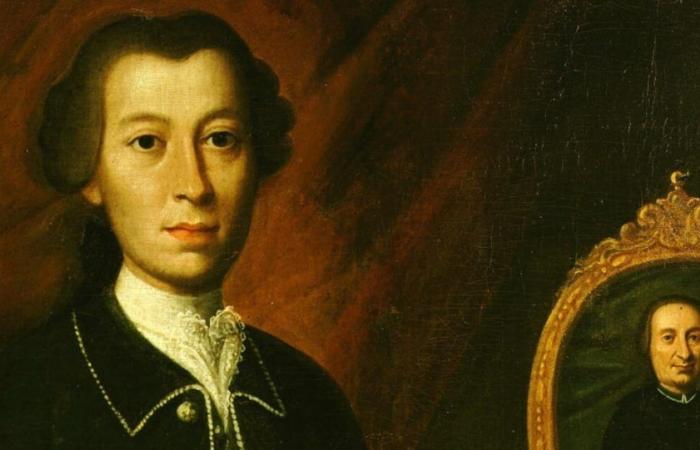PERGOLESI deserved a biography in the essential “Horizons” collection, published by BLEU NUIT, a reference on the subject for all music lovers. Especially since here the author is a great specialist in Neapolitan Baroque and castrati. It is therefore not surprising that among the “revelations” of the text, the very well-argued evocation of Pergolesi, a lyrical composer who recognized and worked with the great singers of his time, makes sense…
Thus the itinerary of genius is affirmed born in Jesi (Marches, 1710) ; its dazzling trajectory, driven it is true by an exceptional creative temperament, in turn recognized and supported by powerful families throughout the political history of Naples… First Austrians, then Spanish including the advent of the young King Charles II Bourbon (who made his official entry as winner in Naples in May 1734). The young sovereign was a convinced spectator of the opera seria “Adriano in Siria”, the summit of Pergolesi's lyrical vein; the author shows that the young author knows how to adapt as a great professional, to the limitless wishes of the capricious but virtuoso castrato Caffarelli (who is of the same generation as the composer, born like him in 1710) for his role of Farnaspe. A possible adaptability in connection with his great knowledge of voices and his proximity to singers (which is also recently shown in the film Il Boemo regarding Myslivicek, the “Prague Mozart”).
Moreover, during his short career in the theater, Pergolesi was able to benefit from the best castrati of his time. Until then, we were unaware of his short breakthrough in Rome (thanks to his next opera “L'Olimpiade” created for the Carnival in January 1735, and one of the best librettos transmitted by Metastasius). The text also allows us to measure the relevance of Pergolesi in the comic vein, succeeding like no other in this genre thanks to the perfection of his comedy “La Serva Padrona” (1733), a miracle of spiritual playfulness which announces nuanced and subtle grace Mozart then Rossini to come.
The last chapter evokes the death of the composer in Pozzuoli and the composition of the famous Stabat Mater; the subject offers a new look at the sacred catalog; little-known Salves reappear (in A minor and in F), the Messe di Sant'Emidio (dec 1732), …obviously alongside the final Stabat Mater, the radiant Salve Regina, which is in some way the luminous counterpart of the first; the Stabat Mater itself, composed at the end of 1734, is the subject of a presentation and an in-depth analysis (commissioned and created for the brotherhood of artists to which the composer belonged and particularly dedicated to the Virgin of the 7 Sorrows; today Church of San Ferdinando in Naples where the Stabat continues to be played every Friday preceding Palm Sunday). The brilliant inspiration fuses all the Pergolesian inspirations, where the sense of theater and opera dominates, without however ever sacrificing either accuracy or sincerity (sensitivity of the Fac ut portem). It is obviously the most moving score left by its author (like the Requiem for Mozart and in the same tragic conditions) like a spiritual testament by the composer eaten away by tuberculosis and who won on March 16, 1736 at the age of… 26 years old.
 As a bonus and complement : an interview with Philippe Jaroussky; among other things on the evolution of countertenor voices and the wish to one day listen to the Stabat with a male sopranist and female alto voice… an option not so unusual since, a major contribution of the text, Pergolesi worked with the the most prestigious soprano castrati. The editor also adds a synoptic table which allows Pergolesi to be reestablished in his time, a selective discography.
As a bonus and complement : an interview with Philippe Jaroussky; among other things on the evolution of countertenor voices and the wish to one day listen to the Stabat with a male sopranist and female alto voice… an option not so unusual since, a major contribution of the text, Pergolesi worked with the the most prestigious soprano castrati. The editor also adds a synoptic table which allows Pergolesi to be reestablished in his time, a selective discography.
_____________________________
REVIEW, BOOK event. Patrick Barbier: Giovanni Battista PERGOLESI (Pergolas) – Bleu Nuit editor – 176 pages – “Horizons” collection n°106 – CLASSIQUENEWS winter 2024
France
Books







